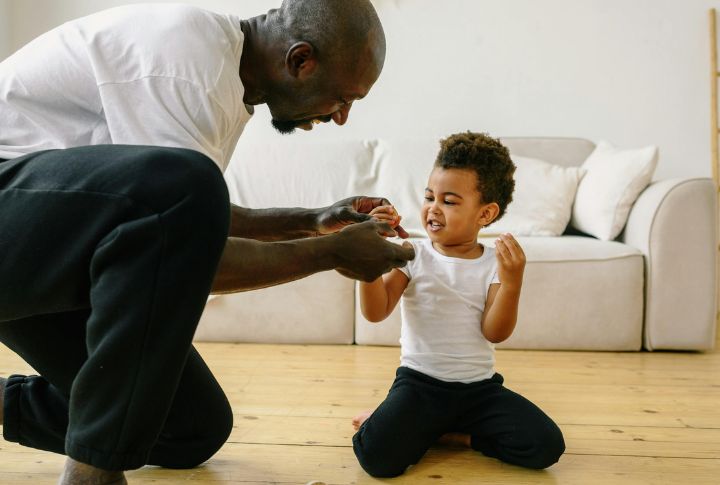
For decades, society told women to “marry up.” But the old formula never really worked when it came to mutual respect and love. So, smart women said yes to hypogamy, a growing trend where women partner with men of lower socioeconomic or educational status. As a result, many relationships are growing healthier and more satisfying. Here’s what’s really happening behind the scenes.
What’s Driving This Choice

Some people say that career-driven women “marry down” only to prevent competition under one roof. Sure, it sounds logical on the surface, but this is usually a result of the demographic and labor market realities. The only choice women are making deliberately is not to reject a man based on his lower socioeconomic status.
How Women Are Choosing Partners

Today, a growing number of women are picking their partners based on love, respect, and connection instead of money or family status. This shift began in the 1990s and is only gaining momentum, improving the dynamics everywhere.
Most-Preferred Personality Traits

Along with the above markers, women are now attracted to a better set of personality traits in men. For example, empathy and kindness. These two traits’ve become a lot more desirable in recent years. Women are relying on men who are emotionally available and know how to be there for them.
The Willingness To Share Duties

The traditional norm of men as sole breadwinners still holds in many relationships, even when women bring home a bigger paycheck. But that’s also changing. As women are offering to share these responsibilities, a lot of couples are collaborating with each other to generate more income and live a more fulfilling life.
Men’s Growth And Peace Of Mind

In many hypogamous relationships, men are building something—like starting a business, switching careers, or focusing on their health. Having a partner who earns more gives them space to grow without pressure. So, instead of rushing into high-paying jobs or giving up their dreams, men can take time to work on what really matters.
The Effect Of Dating Apps

Modern dating apps create a fascinating contradiction. They promise emotional connection through technology, but continue to rank compatibility by status markers like education and income. Because emotional traits resist algorithms, caregiving and empathy get lost in translation. These platforms have little impact on increasing hypogamous relationships.
Parenting Dynamics

The ripple effects extend far beyond the office for women. In many hypogamous households, higher female earnings are linked to more balanced parenting dynamics, with fathers embracing caregiving responsibilities. These shifts are expanding what actual love, parenting, understanding, and equality look like behind closed doors.
The Role Of Supportive Men

Much of what we know about hypogamy still centers on women—their choices, motivations, and social experiences. What we don’t talk about enough are the men who thrive in these dynamics. Many of them seem to bring happiness, emotional maturity, and adaptability to the table by supporting ambitious partners without feeling threatened.
Cross-Cultural Differences In Hypogamous Marriages

Women have now surpassed men in college completion rates globally. Due to this, hypogamous marriages have become increasingly common. However, acceptance across cultures still varies—some societies embrace this shift naturally, while others, rooted in patriarchal norms, continue to push back.
The Effect Of Social Backlash

Men’s upward or downward matches attract little attention, yet women’s hypogamous choices remain widely scrutinized. Because these unions disrupt traditional social norms, people find them “proving” when it comes to power and status. Sometimes, these negative views and behaviors affect those partners who were once unbothered by what society thinks or does.

